Why the Paradox of Continuity Fascinates Me
By Dan Brown
This is the kind of thing I think about on a muggy August afternoon . . .
Imagine, for a moment, you’re reading a Spider-Man comic book. Doesn’t matter which title. Let’s just say Spidey is battling a bad guy like Doc Ock, as he often does.
You’re reading the issue from cover to cover. It’s a good one, combining explosive art with expertly crafted writing. It’s so engrossing, you get wrapped up in the fight scene.
You finish the comic and think, “Wow. That one was a cut above, too bad it had to end.”
You set the Marvel creation down, sitting there for a moment just basking in the resulting positive vibes. It’s true: There’s nothing like reading a damn good comic.
Then something starts nagging at your peaceful mind.
You pick the issue up again, flipping through it. Looking at the fight scene a second time, you feel an increasing sense of unease. What could be troubling you?
There, you spot it: The battle has been so fierce that there is a big rip in the webhead’s costume. (Remember, Spider-Man’s duds aren’t made of unstable molecules, like the uniforms worn by fellow Marvel heroes the Fantastic Four.)
You flip back and forth between early in the skirmish and the end, after the festival of punching and body blows is over. You’re not imagining things. You have noticed a huge inconsistency.
In a panel on page 10, the hole is on the right side of the familiar blue-and-red costume. Yet on page 15, it’s on the left. How could the artist, writer, and editors have missed such a glaring detail?
This isn’t a minor trifle. Marvel has built its brand on realism, on how their heroes have everyday problems. Unlike the lofty, godlike, emotionally constipated characters in the DC stable, Marvel heroes are more engaging because they are like Marvel readers, who have earthly, common concerns.
When Spider-Man isn’t fighting crime, for instance, his time is occupied by mundane pursuits like making sure he doesn’t miss the next rent payment. His costume won’t magically repair itself, so there’s sure to be a panel in the following issue depicting Peter Parking mending the tear by means of a thread and needle.
In fact, in its heyday, Marvel even came up with a system for dealing with this kind of blooper when devoted readers would write in to complain about continuity errors. The company’s editors would hand out No-Prizes – which were represented by an empty envelope – to eagle-eyed fans.
But here’s the thing.
Out of all those letters about the mistake, not a one of them will contain a complaint about the obvious, larger inconsistency: A human being can’t get superpowers from the bite of a radioactive spider.
In other words, comic enthusiasts are willing to swallow a big lie (the entire premise of Spidey’s existence), but will choke on a small one (the hard-to-locate gash in his costume).
This is the central paradox of continuity, and it fascinates me. It suggests comic readers are more bothered by tiny details than huge, overarching concerns.
I define continuity as the expectation in a made-up milieu that the same laws of science and nature that govern our own universe also apply. For instance, as time goes on, we expect Parker to age, to get older as the years pass. And indeed, at one point in the Spider-Man continuity he leaves high school for college. That’s how things would work in the real world, right? Makes sense.
The part that captivates me is how fans will make allowances for gigantic diversions from those scientific principles, then jump on relatively minor ones.
After all, if you accept that a guy can gain the proportionate strength of a spider after being chomped on by an irradiated insect, then why does every other detail in the story have to be “real?” What does it matter if anything else in the story is consistent?
If you have any theories that explain this selective suspension of disbelief, I’d love to hear them!
Dan Brown has covered pop culture for 30 years as a journalist and also moderates L.A. Mood’s monthly graphic-novel group.



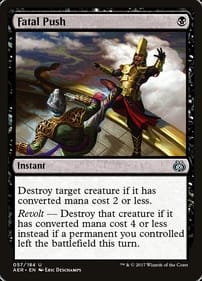
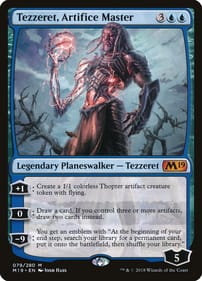
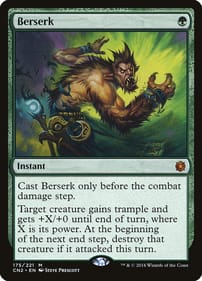
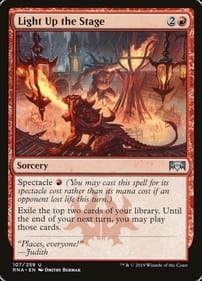
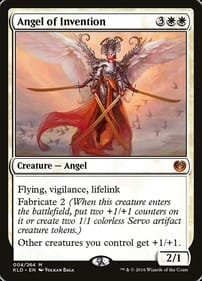
Leave a comment